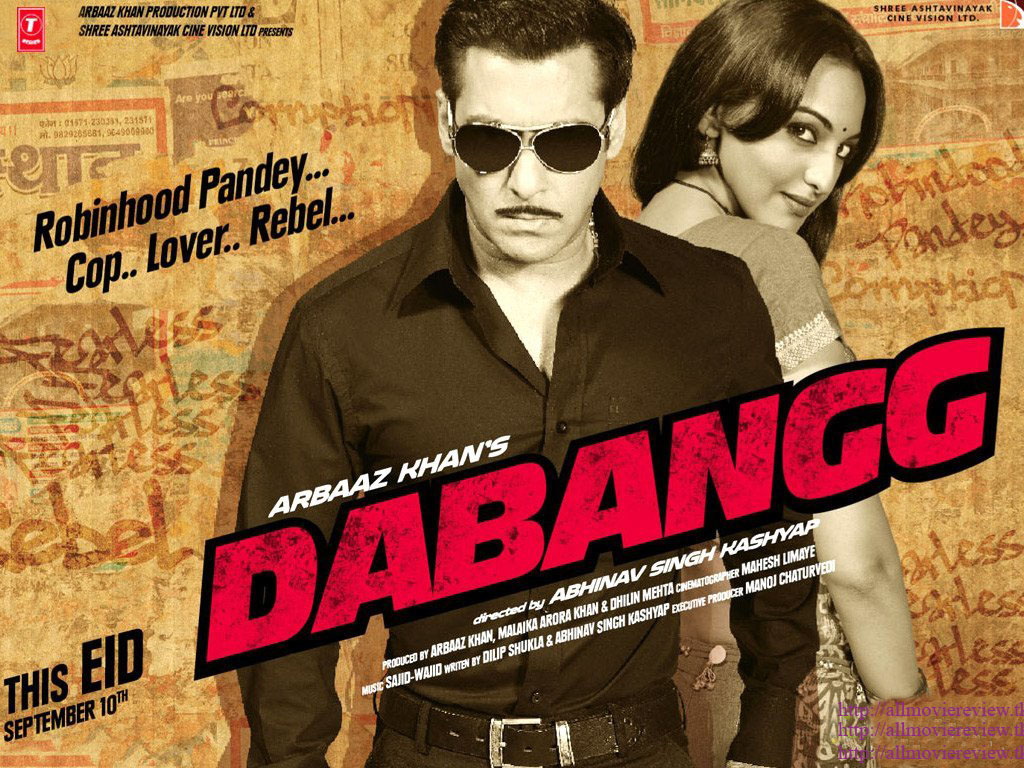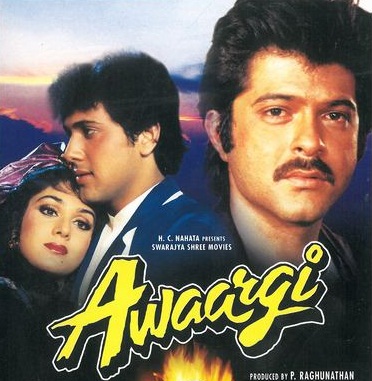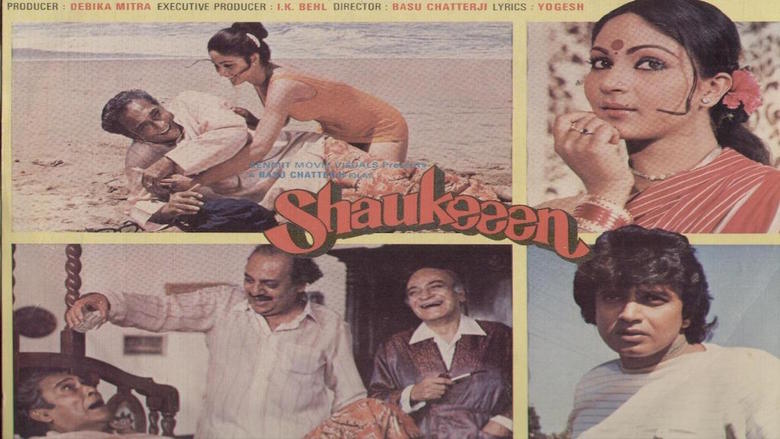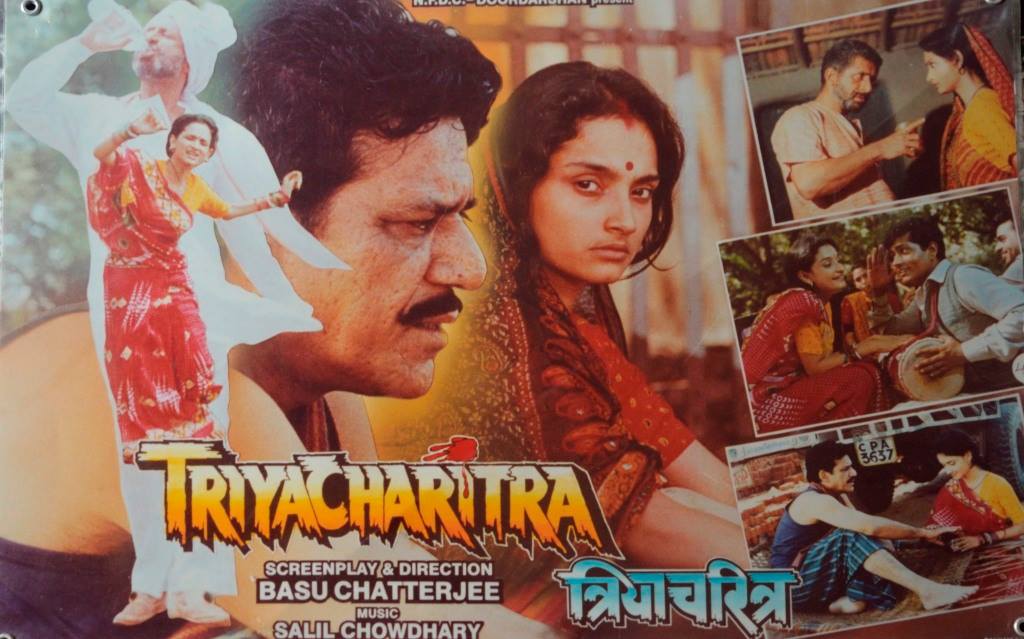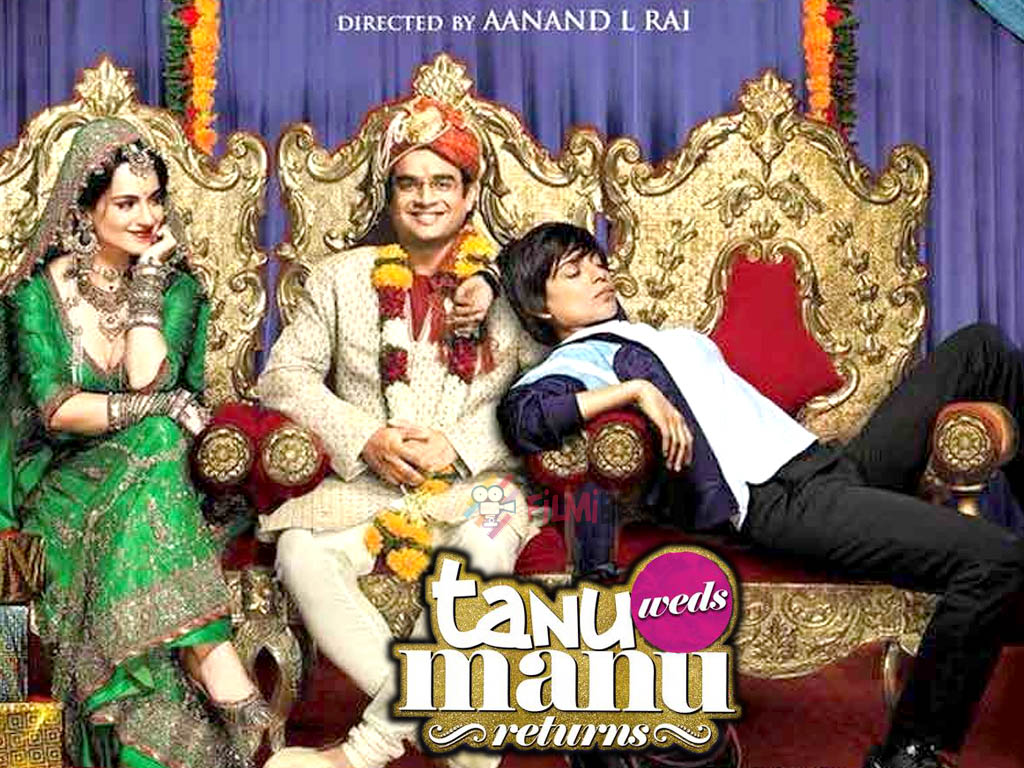 Wham! The door goes off the hinges and Salman steps into the den of the robbers, reminiscent of Aamir’s entry in Ghajini. And then the goggles fly up in the air to find their appointed place on the shirt collar behind Salman’s neck. Rajini effect modified? The action sequence starts and at one place Salman spills oil and slides on it to facilitate the reach of his kicks and punches. It is a straight lift from the opening action sequence ofShoot ’Em Up unless two great action minds thought alike at a temporal distance of 3 years. Flying pieces of glasses are then dodged by bending backwards to an incredible extent while the pieces freeze in mid-air forMatrix effect, replicated once again after Wanted.
Wham! The door goes off the hinges and Salman steps into the den of the robbers, reminiscent of Aamir’s entry in Ghajini. And then the goggles fly up in the air to find their appointed place on the shirt collar behind Salman’s neck. Rajini effect modified? The action sequence starts and at one place Salman spills oil and slides on it to facilitate the reach of his kicks and punches. It is a straight lift from the opening action sequence ofShoot ’Em Up unless two great action minds thought alike at a temporal distance of 3 years. Flying pieces of glasses are then dodged by bending backwards to an incredible extent while the pieces freeze in mid-air forMatrix effect, replicated once again after Wanted.
Salman’s kicks that send large cans cruising to hit the goons also remind one of the opening action sequence of Wanted, which was shot at a place so remarkably similar that one is inclined to think of it as the same place. So, in one sequence we have Rajinikanth, Wanted, Matrix and Shoot ’Em Up coalescing to produce a much ‘inspired’ action sequence. Well, in a world of ‘inspirations’ what reason do we have to complain?
That was Chulbul Pandey (Salman Khan), no, ‘Inspector’ Chulbul Pandey with just one star on each shoulder (what happened to the other two?), who had just floored half a dozen or more goons single handedly and had taken the money they had looted, part of which was to go to his own pocket and some to the pockets of the posse of other policemen, who had arrived with weapons in their clumsy hands after the fight scene.
One of them wanted a promotion, and Chulbul ji draws his service pistol out and shoots him in the shoulder, thus ensuring both a medal and a promotion along with cash reward. A ballistic report would confirm that the bullet was fired from a police weapon. So, what would be Chulbul say to that? “Sorry, that was own goal”?
Chulbul Pandey is a corrupt police officer who seems to have an autocratic air about him, and goes about dispensing his own brand of justice. Law, order, legality and duty are dead words to him with no meaning to them. Might is right, is all that he understands, and he goes about righting the wrong in his own way calling himself “Robinhood Pandey” alias “Chulbul Pandey”. Of course, he is not interested in the concepts of social justice and does not intend to open the gates to the hoarded wealth for the poor and the needy. All he wants to do is settle his personal scores and make as much money as possible by all means and opportunities available to him.
Chulbul Pandey is, therefore, a goon in police uniform, who misuses the state power at his disposal to the fullest for almost all purposes other than enforcing the law. There seems to be no institutional check on him. So much so that he goes to a politician-gangster with a warrant and hands a bag over to him to be filled with money in a case involving the consumption of spurious liquor.
 Since Dabangg is a regular Bollywood fare, there is little one could expect in terms of realism or message of any kind. But one might still think about a policeman of that kind because the existence of such a man in uniform is not entirely unconceivable. Of course, in cities like Delhi and Mumbai, such a person might stand beyond the pale of imagination, but considering the numerous small cities and villages that India is actually made of, it is not difficult for a policeman to use brute force for his own personal gains, and it has certainly happened in the past.
Since Dabangg is a regular Bollywood fare, there is little one could expect in terms of realism or message of any kind. But one might still think about a policeman of that kind because the existence of such a man in uniform is not entirely unconceivable. Of course, in cities like Delhi and Mumbai, such a person might stand beyond the pale of imagination, but considering the numerous small cities and villages that India is actually made of, it is not difficult for a policeman to use brute force for his own personal gains, and it has certainly happened in the past.
A short trip not so far down the memory lane would bring up the name of a well-known ‘encounter specialist’, who was a sub-inspector with Mumbai police and had movies made after him for his highhanded ways that actually worked, was investigated by the Anti-Corruption Bureau (ACB) for disproportionate income that was said to have come from his underworld connections. The court even rejected the clean chit give to the sub-inspector by the ACB. The ACB has cited paucity of evidence as the reason for not prosecuting the fellow. So, if something of that sort could happen in Mumbai, there can be any number of Chulbul Pandey’s across the country.
The movie certainly does not seek to raise such hard-hitting issues, but Chulbul’s character is not the work of such imagination as, say, Superman or Spiderman are. And this means we have reasons to be vigilant about how the state power is used by these men-in-khaki. We can’t afford to ignore the fact that we have a large populace that has no understanding of the rights they have.
As far as the movie is concerned, it is too far removed from reality and is rather bawdy in treatment. Doubtlessly an entertainer that might appeal to a certain section of people, but, by and large, it has little substance. No comments on Munni.
Originally published as part of my Legal Movie Review column LEGAL SCANNER in LAWYERS UPDATE [October 2010 Issue; Vol. XVI, Part 10]

